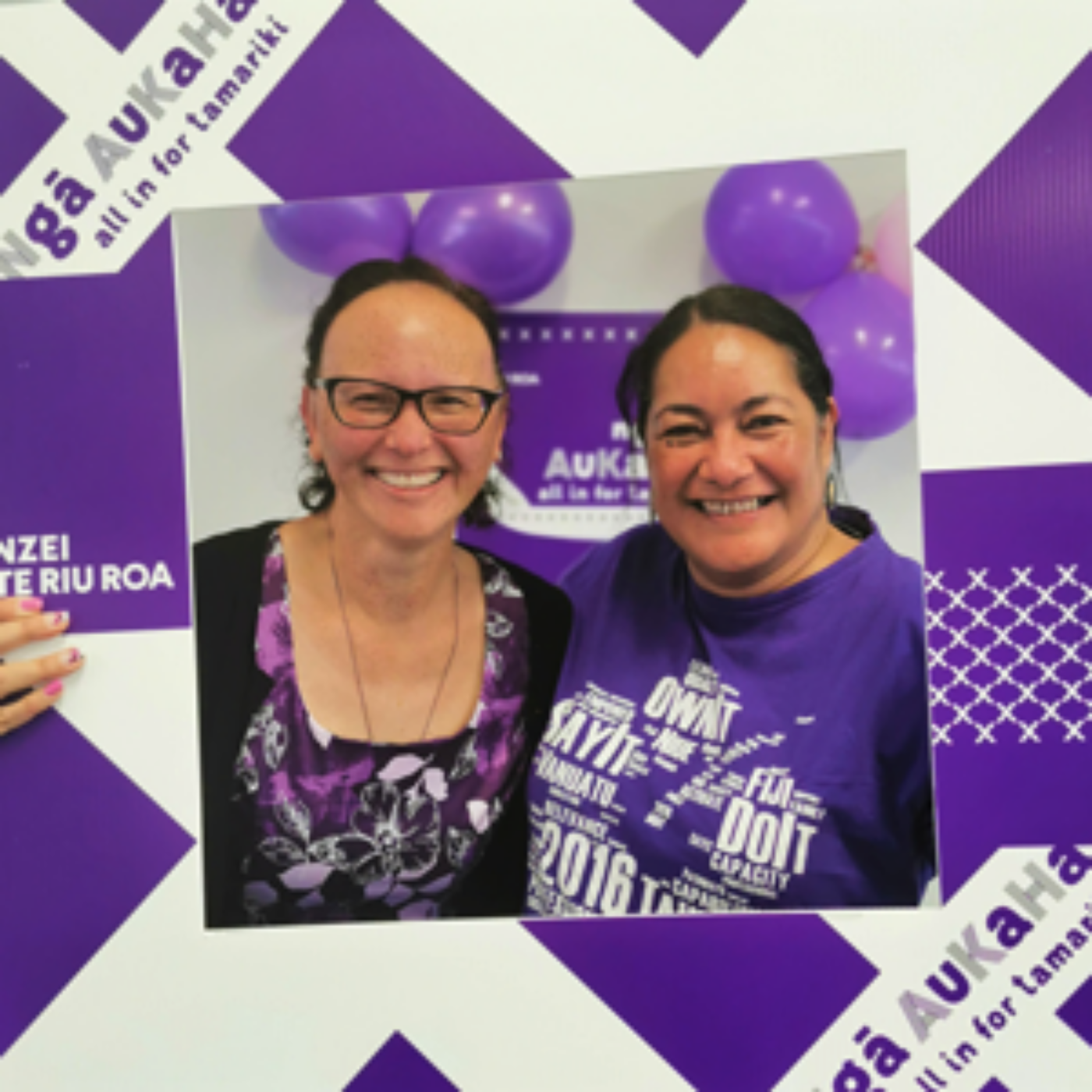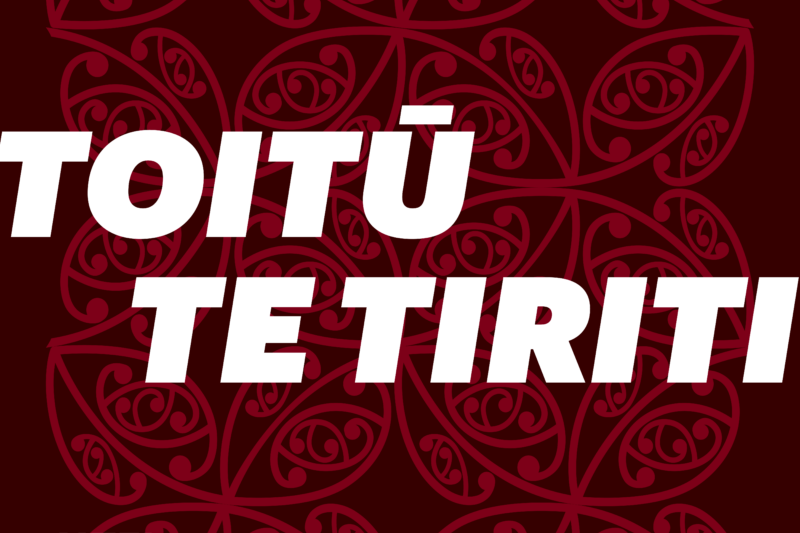“There is just not enough investment to provide adequate support to children who need it. “

The Campaign
The purpose of this campaign is to utilise the collective power of educators, parents, students and organisations to ensure the government takes urgent action.
All tamariki are taonga. This campaign is about challenging ableism at all levels, so that the education system works for all.
Join us as we go all in for tamariki.
- Learn more: Learning Support Fact sheet.

What does Ngā Aukaha mean?
Aukaha means the lashings that support and reinforce the body of the waka. Ngā Aukaha represents everyone involved in supporting the tamariki and holding the kaupapa together for the good of mokopuna.
What do we mean by learning support?
The Ministry of Education define learning support as the additional support that some children need to engage and achieve in education. This covers the support provided by external specialists and internal school and centre educators and support staff.

Events
You can find the events and meetings for the NZEI Te Riu Roa Ngā Aukaha campaign to increase learning support staffing and resourcing to ensure support for all tamariki who need it, here.

The issues within learning support infographic
Download an infographic poster that sets out the issues facing learning support at the moment and display in your centre or school.




